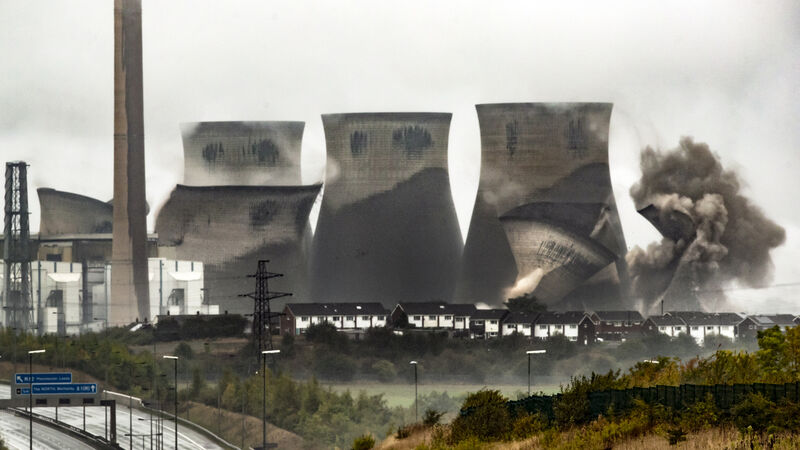Push to consign coal to history as crucial climate talks continue

Countries are setting out efforts to bring about the end of coal power after 250 years as the Cop26 climate talks focus on pollution from energy.
The move at the crucial conference in Glasgow comes as scientists warn that carbon emissions from fossil fuels look set to rebound to close to pre-pandemic levels in 2021 – and could even rise further in 2022.
CLIMATE & SUSTAINABILITY HUB














